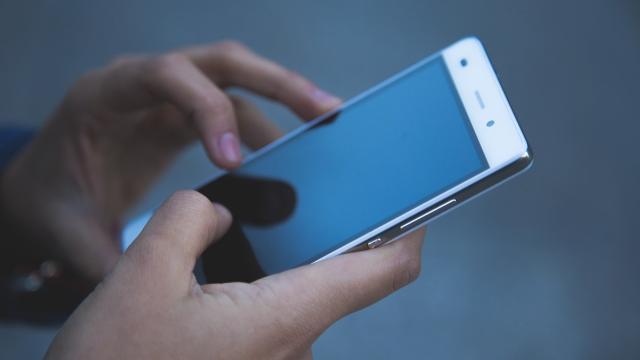Keeping your kid’s mind sharp might involve making sure they don’t spend all day on their smartphone or other screen devices, suggests yet more research published this week.
Canadian researchers looked at the first bits of data from a 10-year-long US project meant to study how children’s brains develop over time, called the Adolescent Brain Cognitive Development study (or more cleverly, the ABCD study).
As part of the project, funded by the National Institutes of Health, researchers across the US interviewed children and their parents about their lifestyle habits. That included how much time they spent exercising, sleeping and watching screens on an average day. The children also took questionnaires, provided spit samples, and completed puzzles that measured their cognitive functions.
The current study looked at the results from 4524 children from the ages of eight to 11 who took part in the ABCD study from September 2016 to 2017.
In Canada, as well as the US, doctors generally recommend that kids over the age of six spend no more than two hours watching screens a day. But only 37 per cent of children in the study met this criterion. And these children, the researchers found, were more likely to score better on their cognitive tests.
The findings were published in Lancet Child & Adolescent Health.
“We need to pay attention to how long we are on the screens for,” lead author Jeremy Walsh, a postdoctoral fellow at the University of British Columbia, told The Washington Post. “This study is showing that less than two hours of recreational screen time is beneficial for children.”
Screen time wasn’t the only possible reason for children’s worse thinking skills. Only 50 per cent of the group reported getting the nine to 11 hours of sleep recommended by doctors, while just 18 per cent got the recommended amount of exercise, at least 60 minutes a day. And children who didn’t meet these guidelines also performed worse on average.
The study is also only observational, meaning it can’t prove a direct link between more screen time and poorer thinking. But compared to children who didn’t meet any of the three guidelines, the researchers found, children with less screen time performed better on these same tests.
A similar pattern was seen with children who both got enough sleep and less screen time, further supporting a link between poor sleep and screens.
According to the researchers, more studies need to be done to confirm if and how exactly too much screen time can hurt children’s cognition.
Elsewhere, the American Academy of Pediatrics has stopped focusing on a hard guideline of a maximum two hours a day of screen time for children over the age of six, instead calling for “consistent limits” set by parents that make sure children are spending enough time on sleep and other healthy behaviours.
For children between 18 months and age six, however, the AAP still recommends no more than an hour of screen time, while children younger should get none at all.
But some studies have suggested that the potential for damage is more about the type of content on these screens and whether parents are involved than about the amount of time using them.
The ABCD study plans to enrol more than 10,000 children by the time it’s over.
